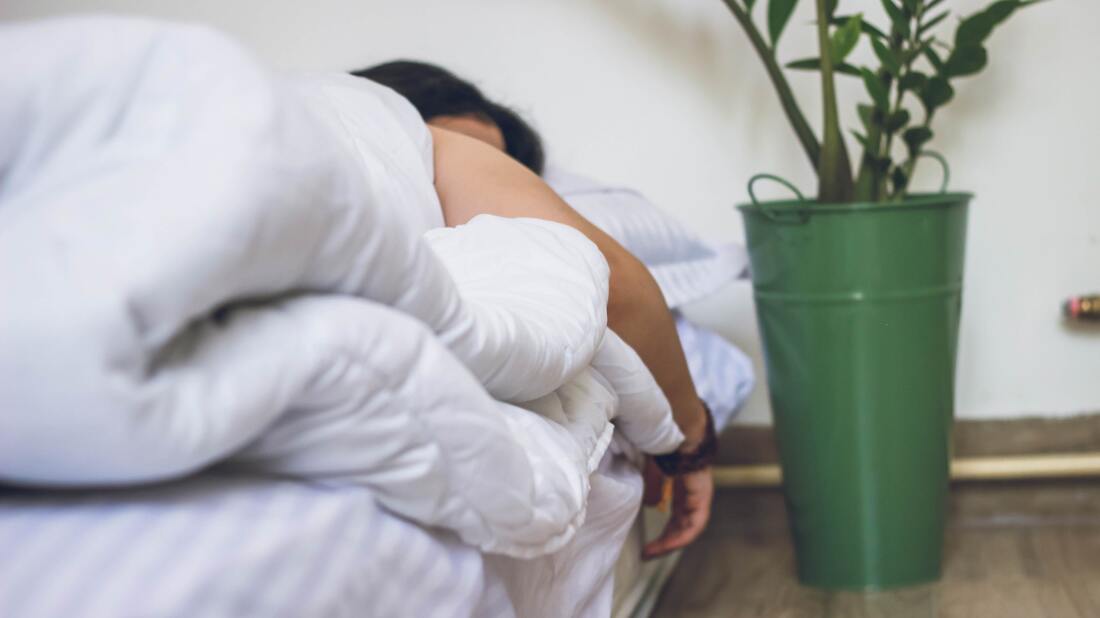How your body heals during sleep
There are two main ways that sleep helps the body heal: growth hormone production and tissue repair. Growth hormones are responsible for repairing muscles, bones, and other tissues in the body. They are produced naturally in our bodies during deep sleep stages. Tissue repair is also important for wound healing and reducing inflammation. During sleep, your body releases cytokines which help to promote tissue repair. Both of these processes are essential for injury rehabilitation. Growth hormone production allows your body to rebuild muscle and bone tissue that was damaged by the injury. Cytokines released during sleep can reduce inflammation and help wounds to heal faster. How lack of sleep affects healing If you don't get enough sleep, it can affect both of these processes -your body won't be able to produce enough growth hormones and cytokines to effectively repair the injured area which can increase recovery time by weeks or months. Without proper restorative sleep, it also becomes difficult for your brain to focus on healing because of fatigue. This means that the injury may feel worse than it actually is due to lack of attention from both you and your body during this critical stage in rehabilitation. How much sleep should I get? According to Harvard Medical School, the majority of adults should try for at least seven hours per night but most people require eight hours or more each night for optimum health benefits including improved memory retention and cognitive function as well as weight control. The National Sleep Foundation recommends that teenagers and young adults between the ages of 14 and 25 should get at least eight hours of sleep each night. Although these recommendations may seem like a lot, they are important for everyone to follow especially if you want to recover quickly from an injury or prevent injuries in the future through good sleep habits. How sleep plays a role in pain management Lack of sleep can also lead to increased sensitivity and pain in the injured area. This means that you may feel more discomfort than expected when trying to engage in physical therapies like exercise or stretching because your brain isn't focusing on healing, it's focusing on how much pain you're feeling at that moment due lack of restorative sleep. Sleep can also impact your mood changing your perception of pain. When you're feeling tired and run down, it's difficult to be positive and have a good attitude about your injury rehabilitation. Pain is also one of the leading causes of insomnia so it becomes a vicious cycle where lack of sleep leads to increased pain which in turn leads to more difficulty sleeping. This can impact all areas of your life including work, school, and social activities. Tips for good sleep hygiene There are a few things that you can do to help improve your sleep habits and get the most out of your sleep:
The benefits of good sleep hygiene cannot be overstated when it comes to injury rehabilitation. By following these tips, you can ensure that you're getting enough restorative sleep each night which will help speed up the healing process and make it easier for your brain to focus on rehabilitation. Have an injury that you need help with? Our Brisbane Southside Physiotherapists can help at our beautiful Tarragindi Physio clinic! Give us a call on 07 3706 3407 or email us at [email protected] to see if we might be able to help!
0 Comments
Leave a Reply. |

 RSS Feed
RSS Feed